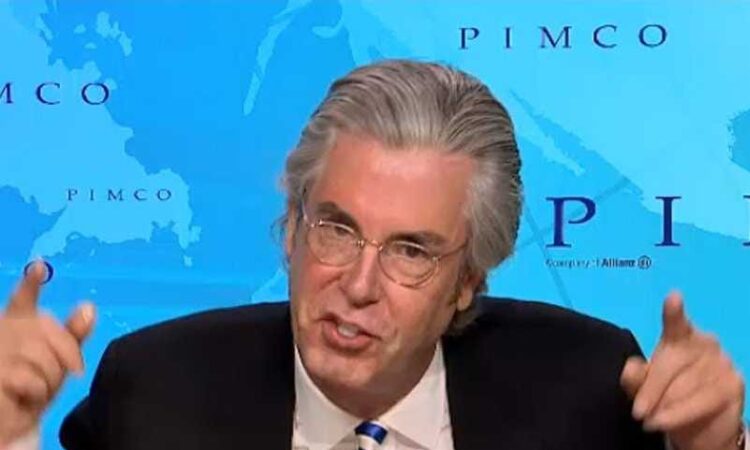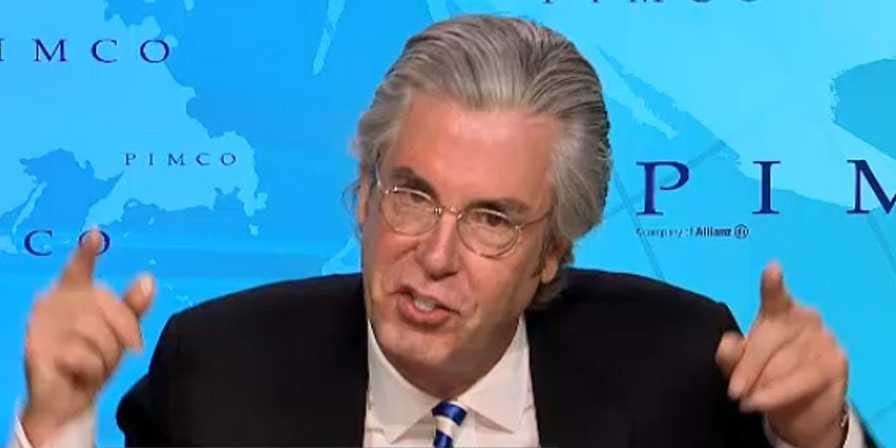The Fed will cut rates in the fall as banking turmoil puts credit conditions in a ‘tight vise’, economist says


-
The Fed will finally cut interest rates in the fall, former PIMCO economist Paul McCulley predicted.
-
That’s because banking turmoil will put credit in a “tight vise,” slowing the economy, he warned.
-
Economists have flagged the risk of recession over the past year as the Fed aggressively hiked rates.
Despite what Jerome Powell and the Federal Reserve say, the US central bank will be cutting interest rates this year as bouts of banking turmoil squeeze credit conditions and force an end to tight monetary policy, according to former PIMCO chief economist Paul McCulley.
In an interview with CNBC on Wednesday, McCulley pointed to the Fed’s 25 basis-point rate hike, which lifted the Fed funds rate to a target range of 5-5.25%.
That’s the highest interest rates have been since 2007 – and the ripple effects from recent bank collapses will likely force the Fed to cut rates after its Jackson Hole Economic Symposium in August, McCulley said.
“The economy slowed. Inflation is going in the right direction. We have a chronic-wide banking issue. So I’m looking at August at Jackson Hole is the time where [Powell] can give a more fulsome speech about the notion we are now sufficiently restrictive, in fact, we might be just a little bit too restrictive,” he added.
Economists have been flagging the growing odds of recession over the past year, as the Fed raised interest rates over 1,700% to combat inflation. But high rates threaten to push the economy into a downturn – a risk that has been amplified with the ongoing chaos in the banking sector.
McCulley believed the “acute phase” of the banking crisis, wherein lenders collapse and spark panic among Wall Street investors, is starting to wind down. But the economy is now about to face the “chronic phase” of banking issues, as banks that weathered huge losses over the past few months are expected to pull back on lending, causing credit conditions to tighten and slow the economy even further.
“We have this chronic condition that I think is a really tight vise on MainStreet lending,” McCulley warned.
Credit conditions have already started to come under pressure, with banks pulling back on lending the most they ever have on record last month, according to data from Morgan Stanley. Dwindling availability of credit could more than double the rate at which US companies default on their debts, Societe Generale strategists estimated.
Read the original article on Business Insider





